Sound Quality
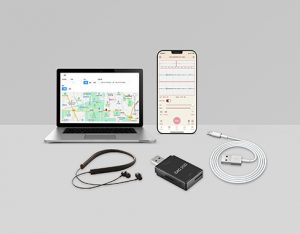
The sound quality of the noise from a product is dealing with human perception of sound. For products ranging from cars to hand tools, not only the noise level but also the quality of the noise made is part of what attracts or repels the customer. The right sound attached to the right product can lead to increased sales.
Traditional objective measuring and analysis methods, such as A-weighted sound pressure and tonal analysis, are not enough to analyze product sound. The objective measurements of loudness, sharpness, roughness and fluctuation are commonly used in sound quality evaluations. Customer expectations and playback testing are also important factors for determining acceptable sound quality because, in the end, only the human ear can tell the designer whether or not the product has the right sound.
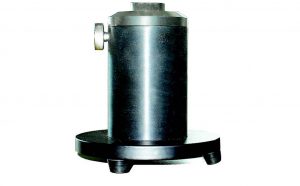
AE002
Human ear has a very complicated construction. Artificial ear is a receiving device in conformity to the human ear. BSWA AE002 is designed for receiving response measurements. The design is based on the specifications in the standards IEC60318 and ITU-T P.57.
Detail
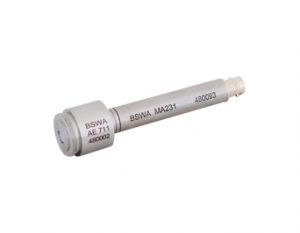
AE711
AE711 is designed to test different types of cell phones on the product line. It conforms to IEC711 and ITU-T P.57 standard. It is supplied with MPA253 pressure field microphone.
Detail
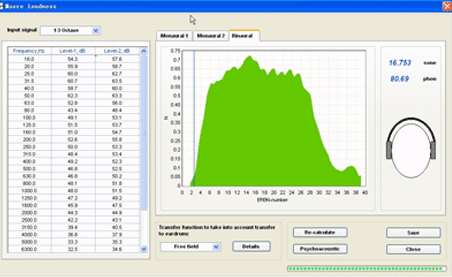
VA-Lab Software
VA-Lab is acoustical measurement software which has module designed according to ISO standard requirements, such as Sound Power, Sound Insulation, and Impedance Measurements.
Detail
Sound Power
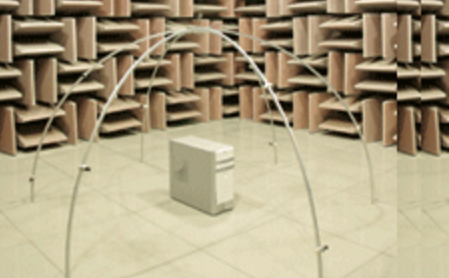
The sound quality of the noise from a product is dealing with human perception of sound. For products ranging from cars to hand tools, not only the noise level but also the quality of the noise made is part of what attracts or repels the customer. The right sound attached to the right product can lead to increased sales.
Traditional objective measuring and analysis methods, such as A-weighted sound pressure and tonal analysis, are not enough to analyze product sound. The objective measurements of loudness, sharpness, roughness and fluctuation are commonly used in sound quality evaluations. Customer expectations and playback testing are also important factors for determining acceptable sound quality because, in the end, only the human ear can tell the designer whether or not the product has the right sound.
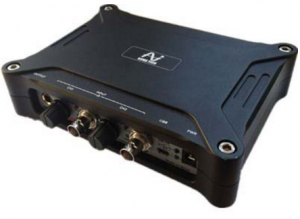
MC3322
Dual-channel data acquisition analyzer. Built-in 4mA/24V ICCP power supply (can be closed), it is suitable for the ICCP type of microphone and accelerometer.
Detail
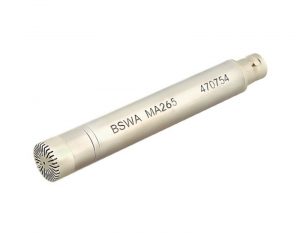

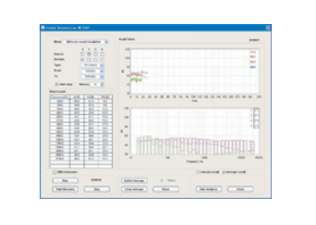
VA-Lab Sound Power Module
Sound Power Measurements according to ISO3745.
Detail
